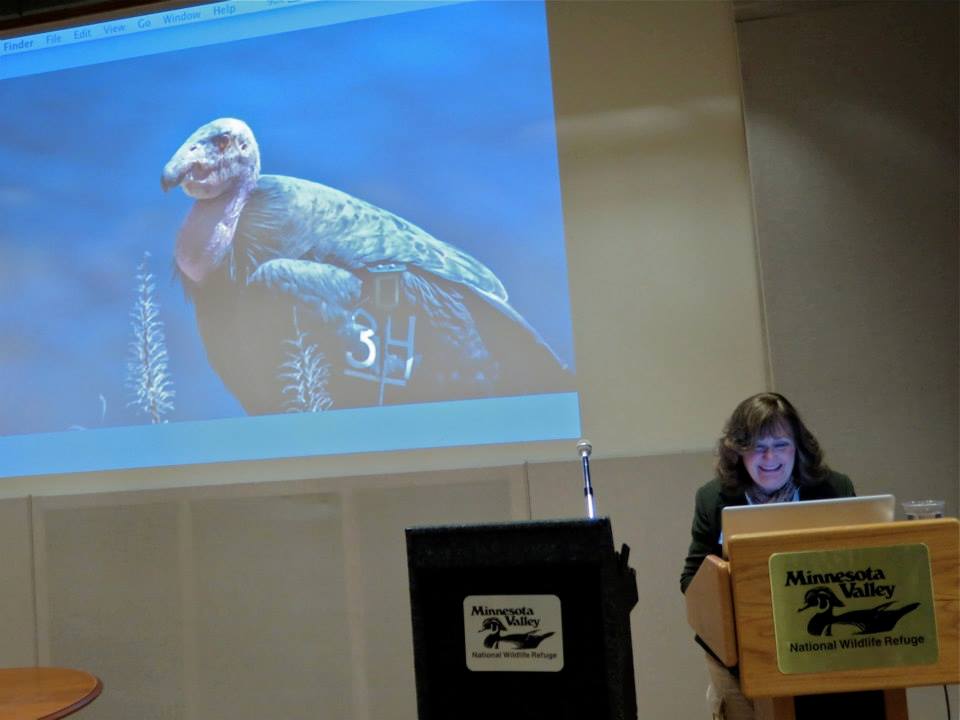85. Volunteer to present educational programs at local nursing homes, service clubs, gardening clubs, and other groups.

One of the simplest ways to educate the general nonbirding public is through public speaking at local clubs. You not only provide information but also raise awareness of the issues faced by local birds and the benefits of making the world more hospitable for birds. I’ve been doing this for over two decades and find it fun and easy. When I first started, I was terrified—I felt awkward, was scared that I’d make mistakes, and figured that there were many people with more experience and expertise that my audience would rather be hearing. Fortunately, the Wisconsin Society for Ornithology sold a set of slides of birds of the state for a minimal price, and slides from the Cornell Lab filled in any gaps. I soon discovered that I was comfortable speaking as long as the lights were out and everyone was enjoying these wonderful images. It finally occurred to me that even though there were certainly plenty of people with more experience and expertise, I was the one who was able and willing to be there.
Computer software now makes it very easy to put together a great visual presentation. On my own website (www.lauraerickson.com) and many others, you can download still photos, videos, and sound recordings of a wide range of species for free for educational purposes. Many professional and amateur photographers justifiably do not want their work used without permission, so be sure to honor copyright laws and basic ethics. Unfortunately, the projectors that hook up to computers for these presentations are very expensive. Sometimes birding clubs pool their resources with those of other local organizations to share a single projector, and you may be able to borrow it.
Speaking at Rotary, Kiwanis, and other service organizations often opens the minds and hearts of influential citizens who otherwise wouldn’t pay much attention to birds. Garden club programs give you an opportunity to discuss how lawn and garden pesticides affect some of the most beautiful backyard birds. Talking at nursing homes and assisted-living centers gives residents a welcome change in their routine and often stirs lovely memories of bird encounters from long ago. If you listen patiently, you’ll be surprised how much you can learn.
From 101 Ways to Help Birds, published by Stackpole in 2006. Please consider buying the book to show that there is a market for bird conservation books. (Photos, links, and updated information at the end of some entries are not from the book.)